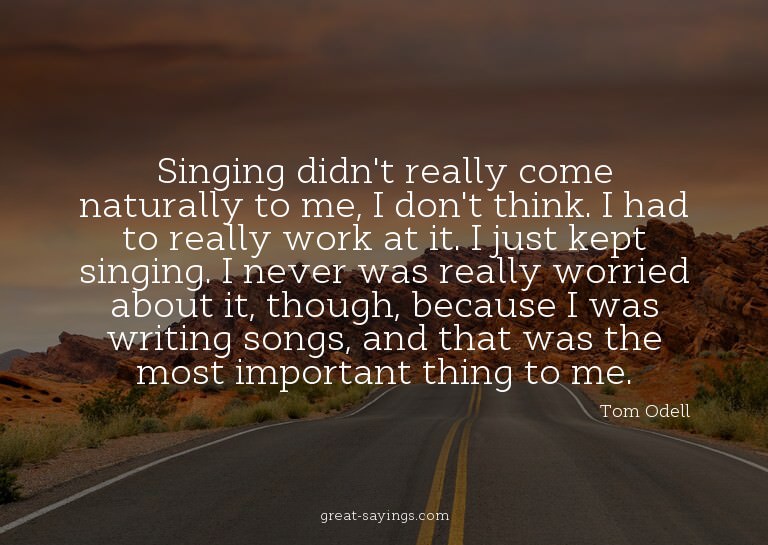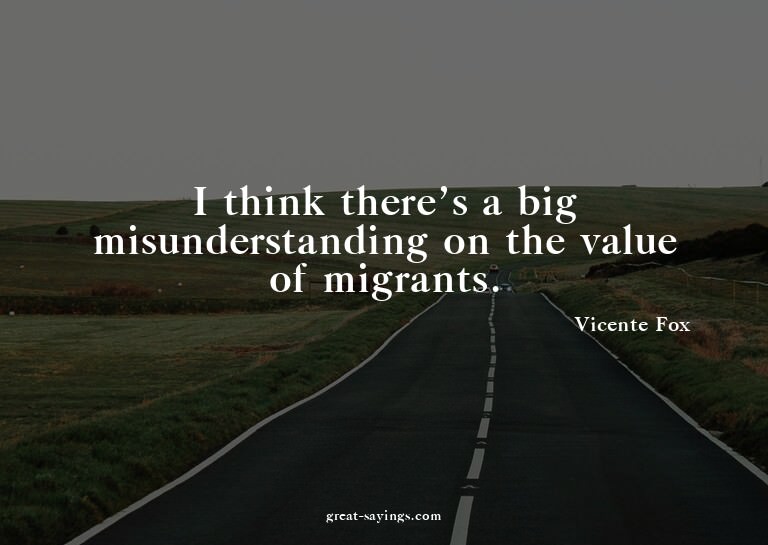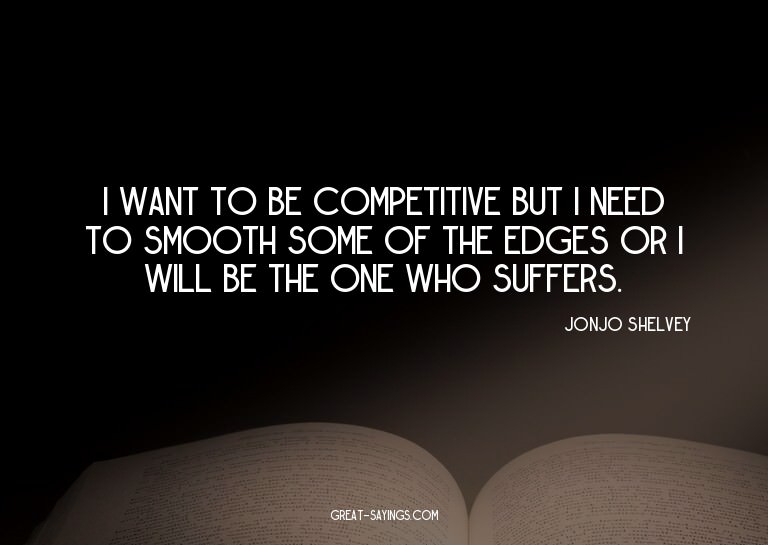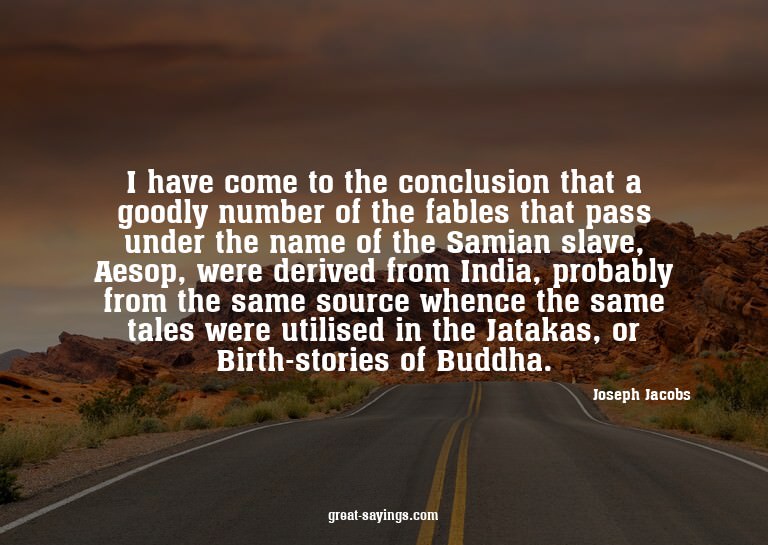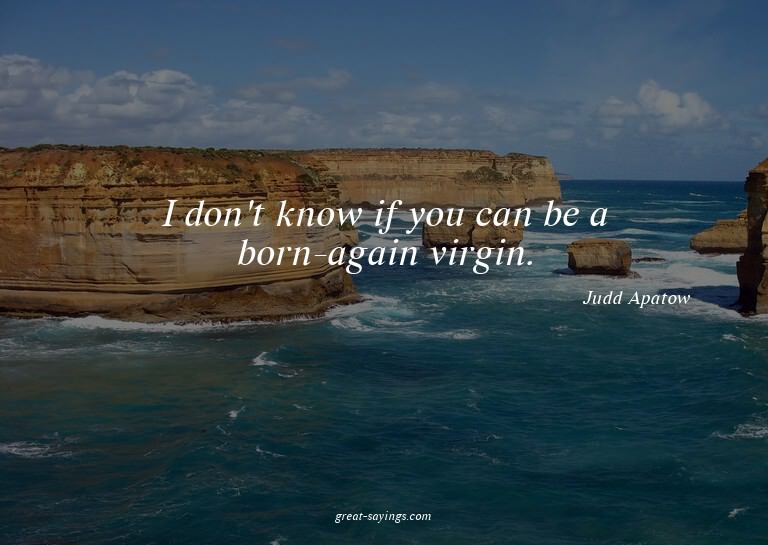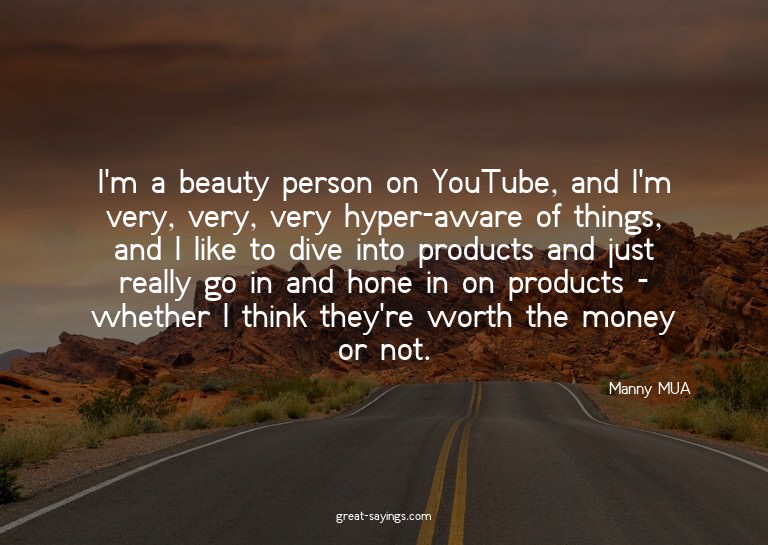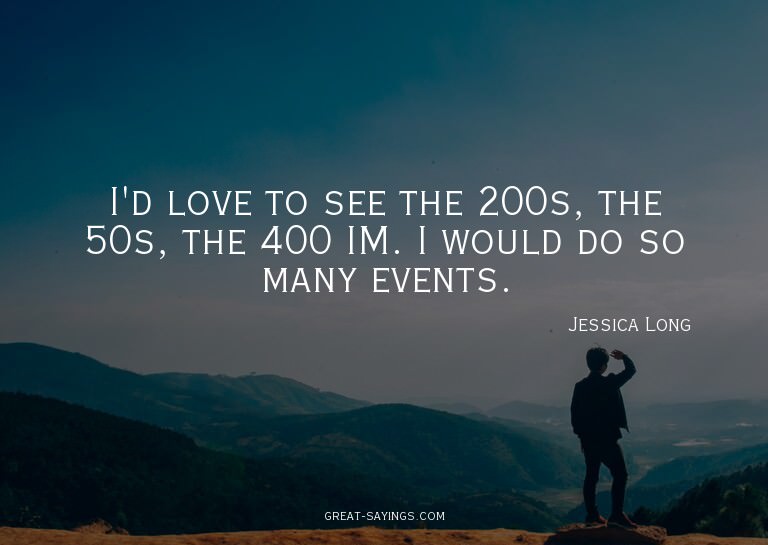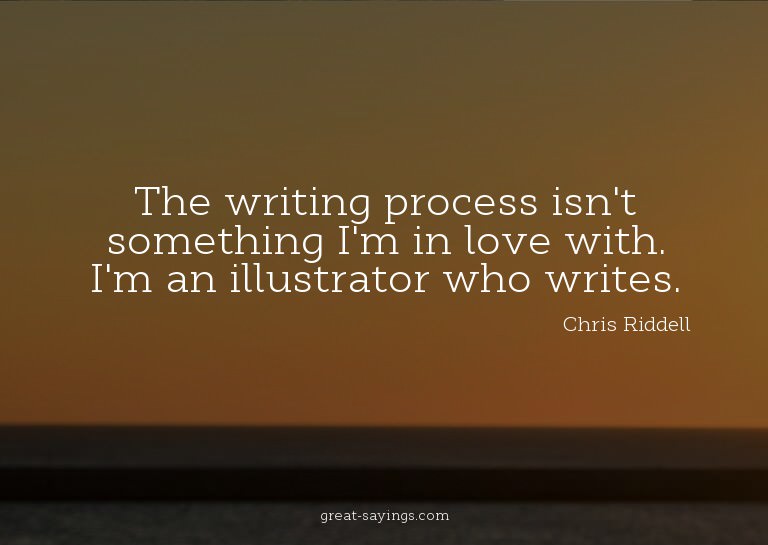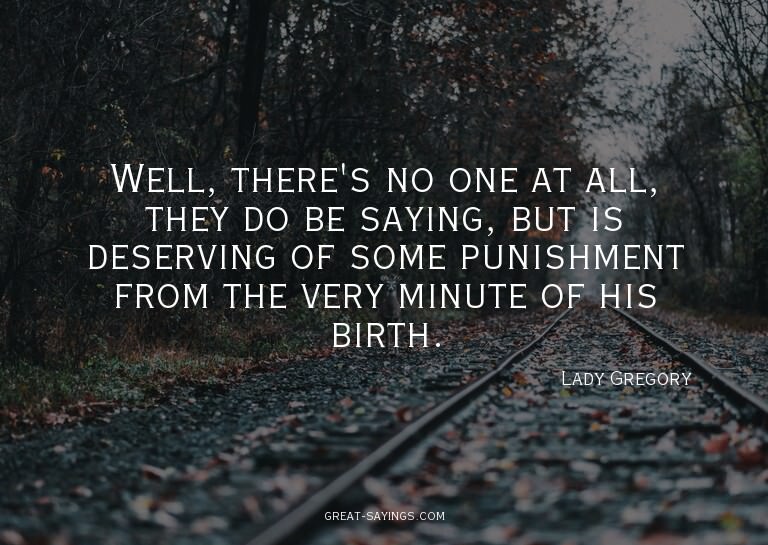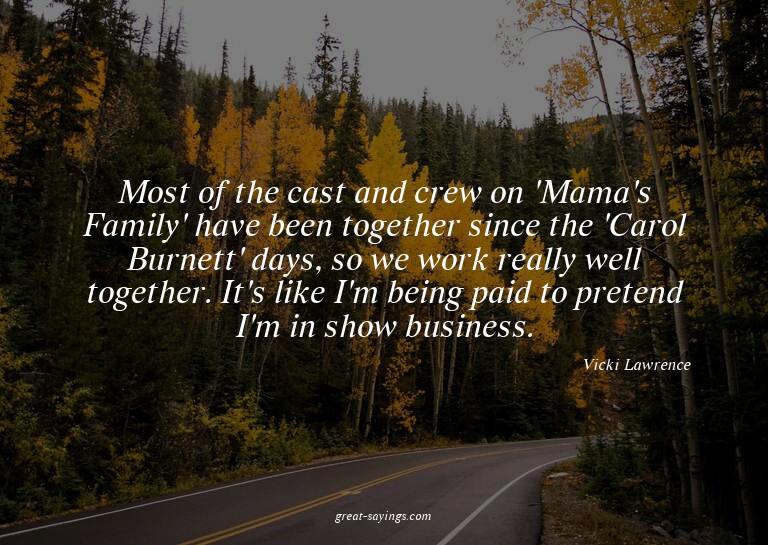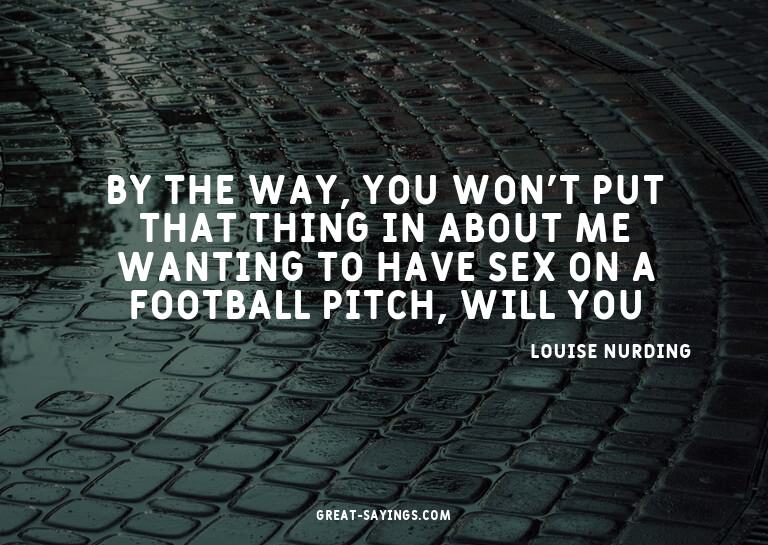Words matter. These are the best Colson Whitehead Quotes, and they’re great for sharing with your friends.
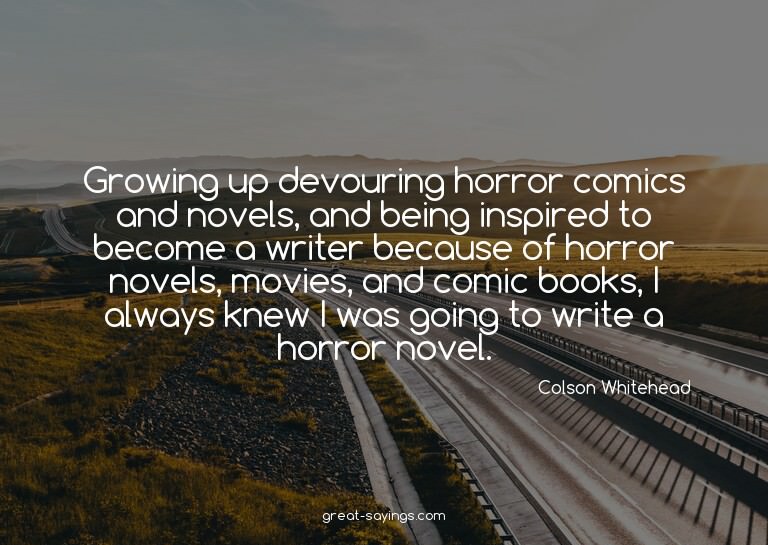
Growing up devouring horror comics and novels, and being inspired to become a writer because of horror novels, movies, and comic books, I always knew I was going to write a horror novel.
I don’t generally follow sports. At an early age, I discovered that nature had apportioned me only a small reserve of enthusiasm. Best to ration.
Some books are well-received with critics; other books sell.
Part of any book is establishing the rules at the end of the world. My first book, ‘The Intuitionist,’ takes place in an alternative world where elevator inspectors are important, so you have to establish rules, and part of that is, How do people talk? How do they behave?
Access to information, to music or any kind of culture, is getting faster and faster and more streamlined. At each juncture, people are thrown into tumult and have to adapt or die.
The Declaration of Independence is that sacred American text so full of meaning and purpose and yet quite empty if you examine it and pull it apart because the words ‘All Men’ exclude a vast number of citizens.
I wrote a book of essays about New York called ‘The Colossus of New York,’ but it’s not about – you know, when I’m writing about rush hour or Central Park, it’s not a black Central Park, it’s just Central Park, and it’s not a black rush hour, it’s just rush hour.
For me, the terror of the zombie is that at any moment, your friend, your family, you neighbor, your teacher, the guy at the bodega down the street, can be revealed as the monster they’ve always been.
A lot of my writer friends live near me, and that makes people think we just hang around with one another in cafes, trading work and discussing ‘Harper’s’ and what not. But I rarely see them. We’re home working.
Early on my career, I figured out that I just have to write the book I have to write at that moment. Whatever else is going on in the culture is just not that important. If you could get the culture to write your book, that would be great. But the culture can’t write your book.
‘Zone One’ comes out of me trying to work through some of my ideas about why, for me personally, zombies are scary.
I’m raising kids, and so much of American culture sustains me and gives me things to think about and work on.
Anytime an African-American writes an unconventional novel, the writer gets compared to Ellison. But that’s O.K. I am working in the African-American literary tradition. That’s my aim and what I see as my mission.
In the apocalypse, I think those average, mediocre folks are the ones who are going to live.
I’ve always thought the Nat Turner story to be very interesting.
I envied kids who played soccer and football, but that was not my gig.
I am not sure the issue of race in America will ever be completely solved.
My mom’s mother was from Virginia, but I don’t feel much of a tie. I’m very much anti-South for many, many reasons. Whenever I go down there, people are always looking at me funny, you know.
I try to keep each different book different from the last. So ‘Sag Harbor’ is very different from ‘Apex Hides the Hurt;’ ‘The Intuitionist,’ which is kind of a detective novel, is very different from ‘John Henry Days.’ I’m just trying to keep things rich for me creatively and for the readers who follow me.
Write what you know.
There’s not a lot of good TV.
I knew that a zombie book would not particularly appeal to some of my previous readers, but it was artistically compelling, and being able to do a short nonfiction book about poker was really fun and great.
I wanted to be one of these multidisciplinary critics who is doing music one day, TV the next, and books the next.
The contemporary casino is more than a gambling destination: it is a multifarious pleasure enclosure intended to satisfy every member of the family unit.
I use New York to talk about home, but the ideas in ‘Colossus’ could be transferred to other cities. The story about Central Park is really about the first day of spring in any park. The Coney Island chapter is really about beaches and summer and heat waves.
For me, choosing between fiction and nonfiction is really only about picking the right tool for the job.
As always, a lot of bad books will be published. Some good books will be published, and you have to seek them out.
I didn’t know I was a zombie pedant until I started considering what from the zombie canon to keep in ‘Zone One’ and what to ignore.
I usually have two or three ideas floating around. When I have free time, the one I end up thinking most about is the one I end up pursuing.
‘Zone One’ has one kind of an apocalypse, and ‘The Underground Railroad’ another. In both cases, the narrators are animated by a hope in a better place of refuge – in the last surviving human outpost, Up North. Does it exist? They can only believe.
Some people don’t like my fiction, because they prefer the nonfiction. But moving around keeps the work fresh for me and, hopefully, for my one or two readers who follow me from book to book!
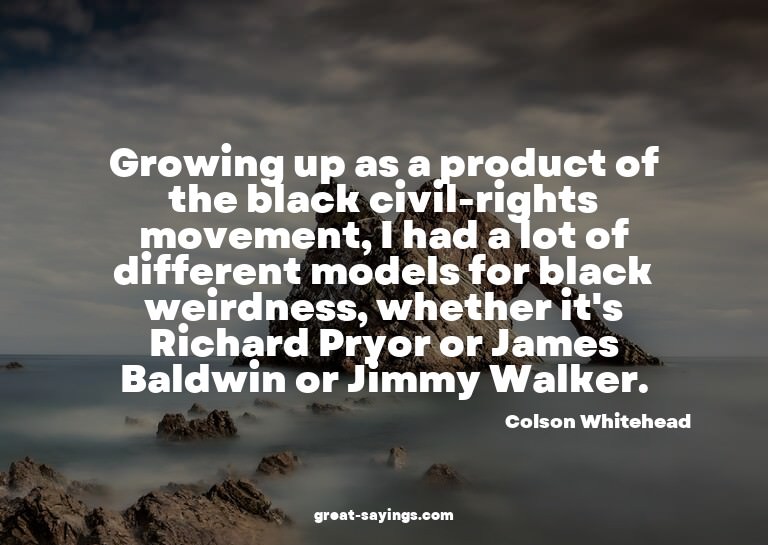
Growing up as a product of the black civil-rights movement, I had a lot of different models for black weirdness, whether it’s Richard Pryor or James Baldwin or Jimmy Walker.
I think a joke is a form of truth-telling. A good joke that’s absurd contains elements of our daily darkness and also a possibility to escape that darkness. So, for me, humor is an attempt to capture everyday tragedy and everyday hopeful moments that we experience all of the time.
In ‘John Henry Days,’ I was taking my idea of junketeering and sort of blowing it up to absurd extremes.
I never actually went anywhere when I was a journalist. I was a critic, and I just sort of got stuff in the mail and chatted about it.
The terror of figuring out a new genre, of telling a new story, is what makes the job exciting, keeps me from getting bored, and I assume it keeps whoever follows my work from getting bored as well.
I grew up reading the ‘Village Voice’ and wanting to be one of these multidisciplinary music writers, film writers, book writers. And I lucked out getting a job at the ‘Voice’ right after college.
I’m just trying to keep things rich for me creatively and for the readers who follow me.
It’s always hard to write and get your words out there, to find an editor, a publisher – readers! – who are going to appreciate them.
Stephen King in general, as well as films of the apocalypse from the ’70s, had a big influence on ‘Zone One.’
I have a good poker face because I am half-dead inside.
I was sort of a miserable teenager.
I was 7 years old when ‘Roots’ was first broadcast, and my parents gathered all us kids around the TV to learn about how we got here. But it wasn’t until I sat down and immersed myself in the research that I got the barest inkling of what it meant to be a slave.
In the 1930s, the government paid writers to interview 80- and 90-year-old former slaves, and I read those accounts. I came away realizing – not surprisingly – that many slave masters were sadists who spent a lot of time thinking up creative ways of hurting people.
Monsters are a storytelling tool, like domestic realism and close third.
I like questions that tee me up to make weird jokes, frankly.
Generally, I walk around in a glum mood.
I try to have each book be an antidote to the one before.
What isn’t said is as important as what is said.
Schools don’t teach American history that well, especially a lot of black American history.
Having a wife and kids drove home the brutal reality of the slave system for me – the price it exacted on families. On the other hand, whenever I despair over our history, I am brought back to hope, the hope that things will get better, for my children.
I live in Brooklyn. I moved here 14 years ago for the cheap rent. It was a little embarrassing because I was raised in Manhattan, and so I was a bit of a snob about the other boroughs.
I like to explore different ideas of race, how the concept of race has evolved in the country. It’s one thing I enjoy talking about, but I don’t feel compelled to talk about it.
A lot of my books have started with an abstract premise.
When I’m working on a book, I try to do eight pages a week. That seems like a good amount. Less than that, I’m not getting a nice momentum, and more than that, I’m probably putting out too much crap.
If you go to a big publishing house, editorial aside, it’s completely white.
If you write about race in 1850, you end up talking about race today because in many ways, so little has changed.
‘Driving while black’ was taught to me at a young age.
I like to know how I’m supposed to feel about things. Just a little clue or hint.
‘Sag Harbor’ was a very different book for me. It changed the way I thought about books that I wanted to do.
A lot of early Misfits song titles are inspired by old B-movies, which were my Popeye’s spinach when I was a kid.
In ’82 and ’83, that was the rise of the VCR. Every Friday, my brother and I would go to Crazy Eddie’s – which was a video store in Manhattan – and rent five horror movies. And that’s basically what we did, basically, for three years. Becoming social misfits.
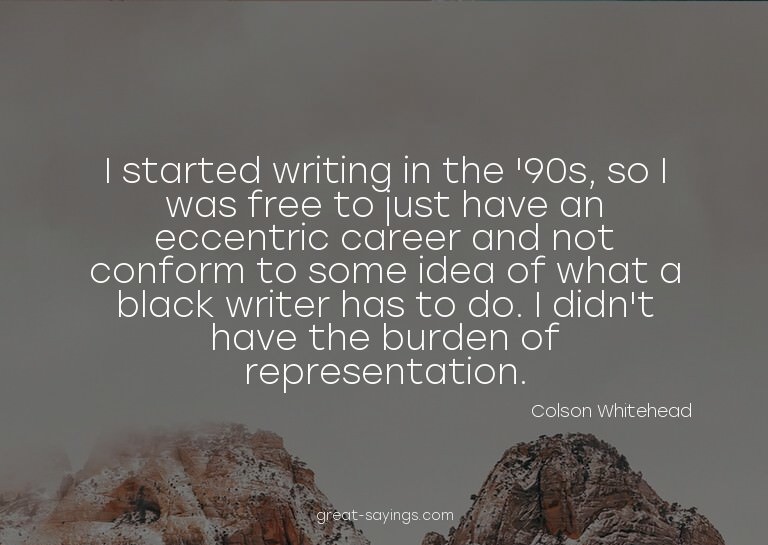
I started writing in the ’90s, so I was free to just have an eccentric career and not conform to some idea of what a black writer has to do. I didn’t have the burden of representation.
In America, when you hear about the Underground Railroad, it’s so evocative. You think it’s a literal subway for a few minutes before your teacher goes on and describes where it actually was.
I admire Vegas’s purity, its entirely wholesome artificiality.
I’m of that subset of native New Yorkers who can’t drive.
I’m not a teacher; I’m not a historian. I’m trying to create a world for my characters.
You can raze the old buildings and erect magnificent corporate towers, hose down Port Authority, but you can’t change people.
If you’re writing a detective novel or horror or sci-fi, you want to expand or reinvigorate the genre in your own little way.
I always try to mix it up with each book – changing tone, changing style keeps the work very vital for me.
I’m always trying to switch voices and genres.
Once I got to college, it seemed that the Hamptons were a little bit too posh for me and didn’t represent the kind of values I was embracing in my late teens. So, I didn’t go out there, except to visit my parents, for a long time. And then, after 9/11, I discovered it was a nice, mellow place to hang out.
I do write about race a lot, but I don’t think writers – of any shade or background or whatever – have to write about certain subjects.
Part of being in New York is being able to brag about what used to be there.
Zombies are a great rhetorical prop to talk about people and paranoia, and they are a good vehicle for my misanthropy.

